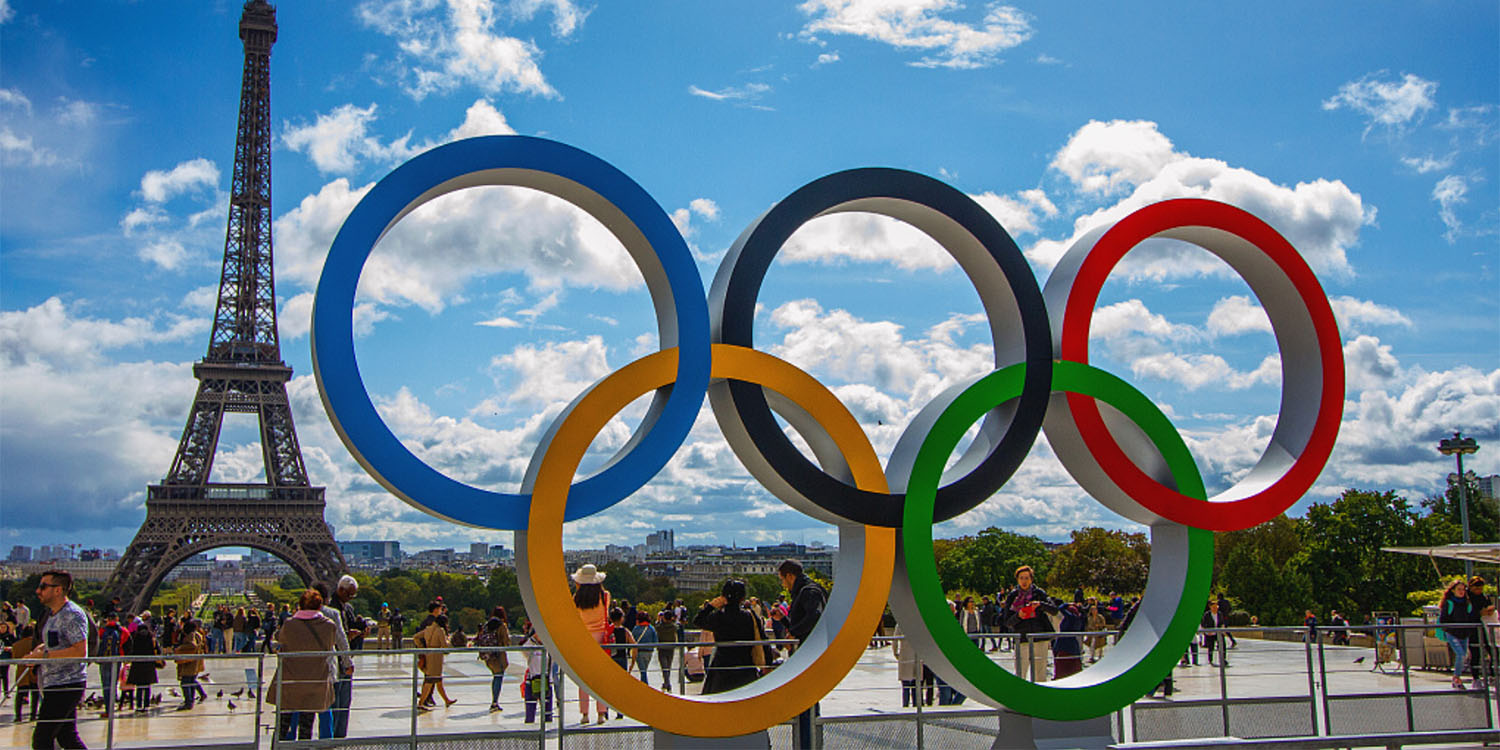The Paris Olympics have concluded, leaving behind both lasting memories and new concerns. As the city returns to normalcy, the debates surrounding the event's impact continue. The Olympic Games have long stood as a symbol of global unity, athletic excellence, and shared human aspiration. They are a celebration that brings together nations, offering moments of triumph, inspiration, and unforgettable memories. However, in recent years, the Olympics have become more of a burden than a blessing for host cities, raising critical questions about the sustainability and future of the Games. Hosting the Olympics was once highly sought after for the promised economic boost, global visibility, and infrastructure legacy. However, the landscape has shifted, with only Paris and
Los Angeles bidding for the 2024 Games, highlighting cities’ growing reluctance. The allure of prestige and potential economic benefits is overshadowed by the high costs of building stadiums, upgrading infrastructure, and ensuring security, which often exceed initial budgets. This financial burden, along with underutilized facilities post-Games, has led many cities to reconsider the true value of hosting the world’s most significant sporting event. Take Beijing’s 2008 Olympics as an example. The event was initially budgeted at $40 billion, but costs rose to $45 billion by the time the Games concluded. While it successfully showcased China’s emergence as a global power, the long-term economic benefits were less than anticipated. The iconic Bird’s Nest stadium, once a marvel of architecture, now struggles to find sustainable use, becoming a financial drain on the city. Similarly, the 2016 Rio de Janeiro Olympics highlighted the challenges of hosting in a developing country. Held amid an economic and political crisis, the Games faced issues with infrastructure, security, and public health, and the expected economic boost failed to materialize, leaving the city with underutilized facilities and mounting debt, rather than a sense of national pride The International Olympic Committee (IOC) has also played a role in the escalating costs through its relentless pursuit of expansion. The inclusion of new sports and larger delegations has driven up expenses for host cities. However, the IOC has recognized the growing discontent and introduced reforms aimed at reducing the financial burden. These include encouraging the use of existing venues and offering greater financial support to host cities. While these measures are a step in the right direction, they may not be enough to address the underlying issues.
A more radical overhaul may be necessary to ensure the survival of the Olympics. One potential solution is the concept of a permanent Olympic city, equipped with state-of-the- art facilities that can be used repeatedly. This would eliminate the need for costly infrastructure projects in different cities every few years and could significantly reduce the financial burden on host cities. Additionally, while the facility may be used for the Olympics only once every four years, it can also host other global sporting events, ensuring its continuous utility and justifying the investment. Another option is to rotate the Games among a select group of established sporting cities. This approach would lower costs and logistical challenges while allowing host cities to focus on maximizing the benefits of the event. Furthermore, to ensure strong ticket sales and vibrant audiences, it’s crucial to select cities with strategic locations that can draw in large crowds and generate significant revenue.
Beyond the financial strain, the environmental impact of hosting the Olympics is becoming a growing concern. The construction of new venues and infrastructure often leaves a significant ecological footprint. As the world becomes more aware of environmental issues, sustainable practices and the use of eco-friendly materials are increasingly important considerations for future host cities.
Human rights concerns also cast a shadow over the Games. The IOC has faced criticism for awarding the Olympics to countries with questionable human rights records. This has led to calls for greater scrutiny in the selection process to ensure that the Games align with the values of equality, respect, and human dignity.
The future of the Olympics is at a crossroads. The Games must evolve to remain relevant in a world that is increasingly focused on sustainability, social responsibility, and financial prudence. A more modest approach, focusing on smaller, more focused events, could reduce costs and bring the emphasis back to athletic excellence and the Olympic spirit. By embracing innovation, sustainability, and a more equitable distribution of benefits, the Olympics can regain their former glory and continue to inspire future generations. The Olympics must adapt to the realities of the 21 st century, or risk becoming a relic of the past. The time has come for the global community to rethink the model of the Games, ensuring that they remain a celebration of human achievement while also being responsible stewards of the planet and its resources.

Sutesh Tiwari
Sutesh Tiwari is a Senior Consultant specializing in Go-to-Market Strategy, Performance Improvement, and Diversification Strategy, with 4+ years of diverse experience across sectors such as Chemicals, Manufacturing, and Media. His previous experience includes Digital Marketing Strategy for an FMCG major and Diversification and Go-to-Market Strategy for a chemical player. Sutesh is an MBA graduate from JBIMS, Mumbai.







